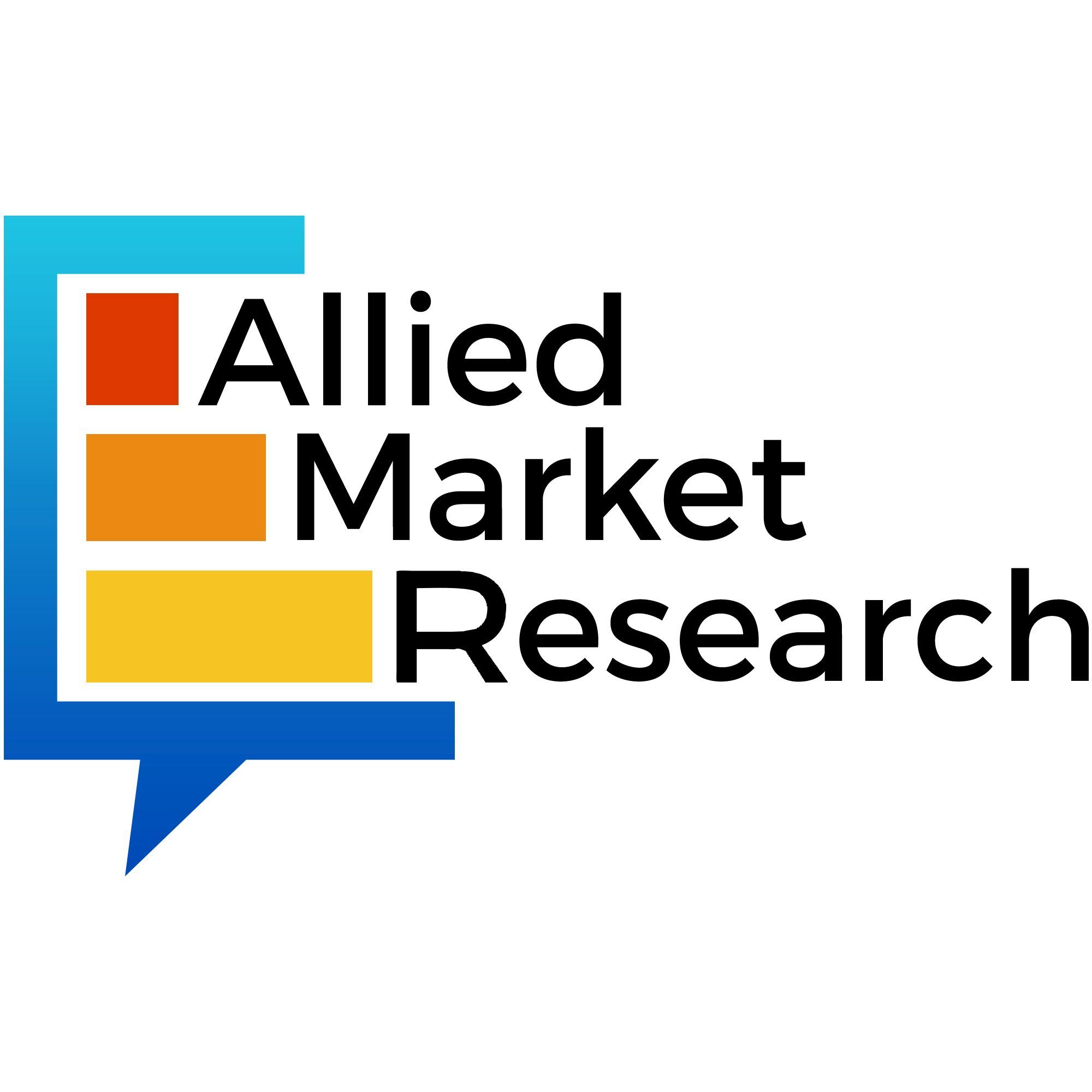The global market for temperature-controlled systems is expected to experience significant growth in the coming years, driven by increasing adoption in various industries and rapid technological advancements. According to a recent report by Allied Market Research, the market generated $1.8 billion in 2022 and is projected to reach $2.5 billion by 2032, growing at a CAGR of 3.9% from 2023 to 2032.
One of the key factors contributing to the growth of the temperature-controlled system market is the rising demand for integrity and quality of products in industries such as logistics transportation and pharmaceuticals. These industries require precise temperature control to ensure the safety and efficacy of their products. Additionally, the expansion of healthcare infrastructure worldwide is expected to create lucrative opportunities for market expansion.
The report also highlights the challenges faced by the industry, including the high initial costs and limited infrastructure in developing regions. However, the integration of advanced technologies in temperature-controlled systems can help overcome these challenges by improving efficiency and reducing costs.
The COVID-19 pandemic has further emphasized the need for temperature-controlled systems, particularly in the storage and transportation of vaccines at ultra-low temperatures. The industry had to quickly adapt to the increased demand for vaccines, highlighting the importance of flexible and agile temperature-controlled systems.
The market is segmented by type, application, end-user, and region. Among the types of temperature-controlled systems, closed-loop control is expected to witness significant growth due to advancements in sensor technology and the integration of smart sensors with IoT technology.
In terms of applications, refrigerators are projected to be the most dominant sub-segment by 2032. The rising trend of globalization in the food supply chain and increasing health concerns are driving the adoption of refrigeration technologies.
The industrial temperature-controlled system segment is anticipated to flourish immensely as these systems play a vital role in reducing waste, extending shelf life, and ensuring product quality in industries such as food and pharmaceuticals.
Regionally, North America is predicted to hold the major market share by 2032. The temperature-controlled system market in this region serves a wide range of industries, including medicines, biotechnology, and the food & beverage industry. The versatility and seamless transportation capabilities of temperature-controlled systems in North America contribute to its market dominance.
Key players in the temperature-controlled system market include LG Electronics Inc., Daikin Industries, Ltd., Mitsubishi Electric Corporation, and Siemens AG, among others. These companies are adopting various strategies such as new product launches, collaborations, and expansions to maintain their dominance in the market.
Overall, the increasing demand for temperature-controlled systems across industries and the integration of advanced technologies are expected to drive the global market’s growth in the coming years.
Source: Link
The rising demand for temperature-controlled systems is driving significant growth in the global market. According to a recent report by Allied Market Research, the market generated $1.8 billion in 2022 and is projected to reach $2.5 billion by 2032, growing at a CAGR of 3.9% from 2023 to 2032. This growth can be attributed to several factors.
One of the main drivers of the market is the increasing demand for product integrity and quality in industries such as logistics transportation and pharmaceuticals. These industries rely on precise temperature control to ensure the safety and effectiveness of their products. Additionally, the expansion of healthcare infrastructure worldwide is creating lucrative opportunities for market expansion.
The integration of advanced technologies in temperature-controlled systems is also helping to overcome challenges faced by the industry. High initial costs and limited infrastructure in developing regions have been major barriers to market growth. However, with the use of advanced technologies, such as IoT and smart sensors, temperature-controlled systems can improve efficiency and reduce costs.
The COVID-19 pandemic has further highlighted the importance of temperature-controlled systems, particularly in the storage and transportation of vaccines at ultra-low temperatures. The industry had to quickly adapt to the increased demand for vaccines, emphasizing the need for flexible and agile temperature-controlled systems.
It is important to note that the market is segmented by type, application, end-user, and region. Closed-loop control systems are expected to witness significant growth due to advancements in sensor technology and the integration of smart sensors with IoT technology. In terms of applications, refrigerators are projected to dominate the market, driven by the rising trend of globalization in the food supply chain and increasing health concerns.
The industrial temperature-controlled system segment is anticipated to flourish immensely, as these systems play a vital role in reducing waste, extending shelf life, and ensuring product quality in industries such as food and pharmaceuticals.
Regionally, North America is predicted to hold the major market share by 2032. The temperature-controlled system market in this region serves a wide range of industries, including medicines, biotechnology, and the food & beverage industry. The versatility and seamless transportation capabilities of temperature-controlled systems in North America contribute to its market dominance.
Key players in the temperature-controlled system market include LG Electronics Inc., Daikin Industries, Ltd., Mitsubishi Electric Corporation, and Siemens AG, among others. These companies are adopting various strategies such as new product launches, collaborations, and expansions to maintain their dominance in the market.
In summary, the rising demand for temperature-controlled systems, driven by industries such as logistics transportation and pharmaceuticals, along with the integration of advanced technologies, is expected to drive significant growth in the global market. However, challenges such as high initial costs and limited infrastructure in developing regions need to be addressed. The COVID-19 pandemic has also underscored the importance of temperature-controlled systems, particularly in the storage and transportation of vaccines. The market is segmented by type, application, end-user, and region, with North America predicted to hold the major market share.

